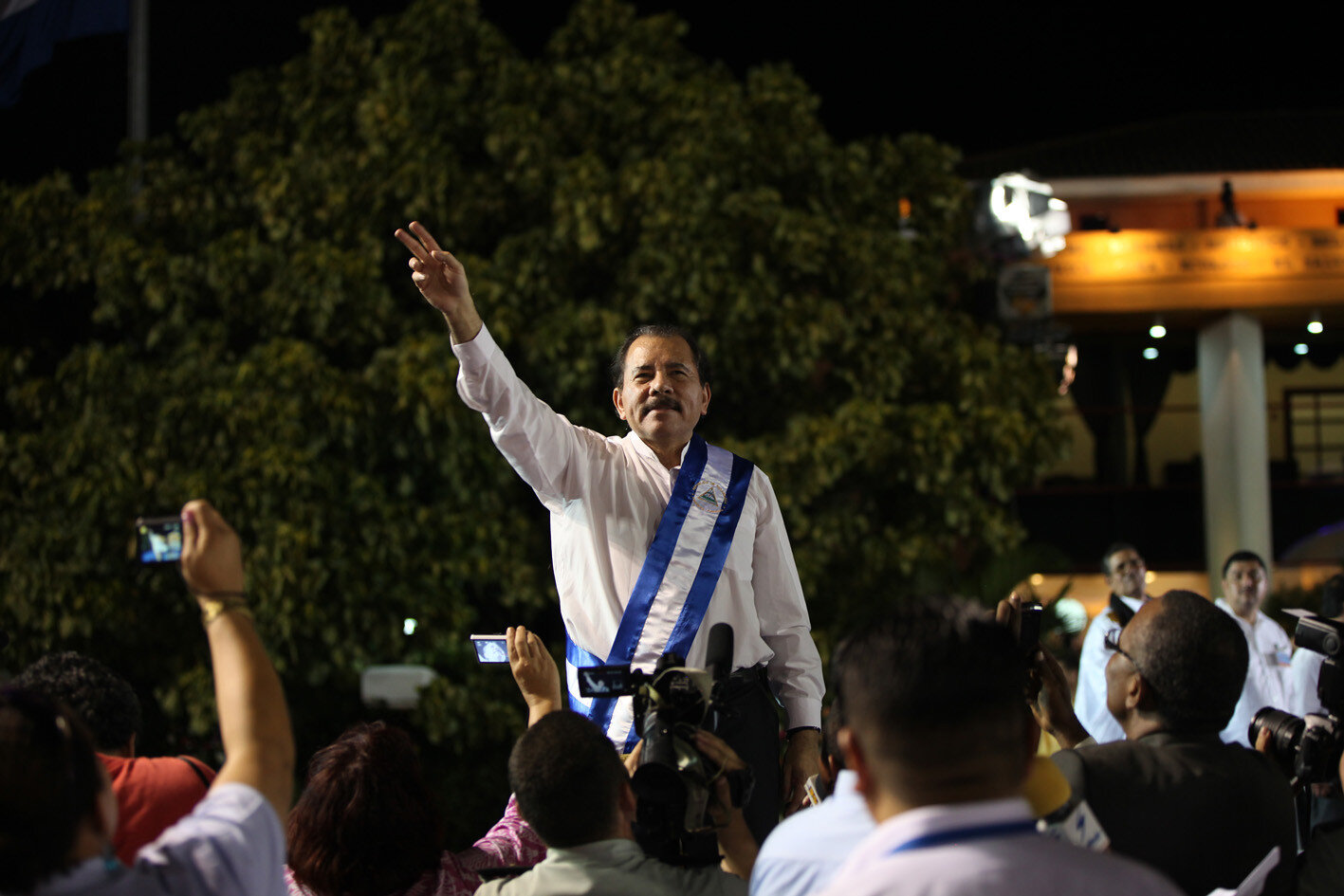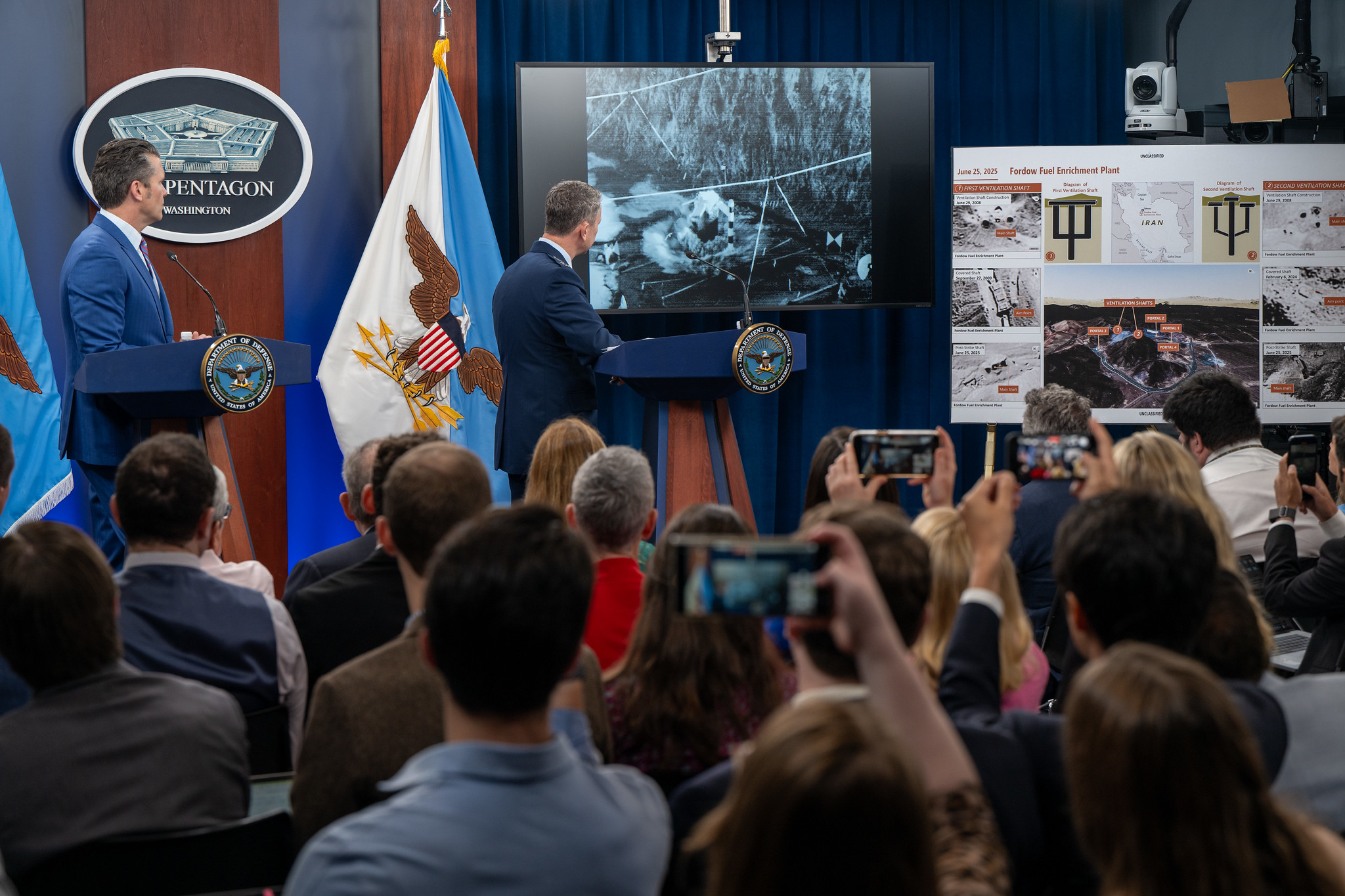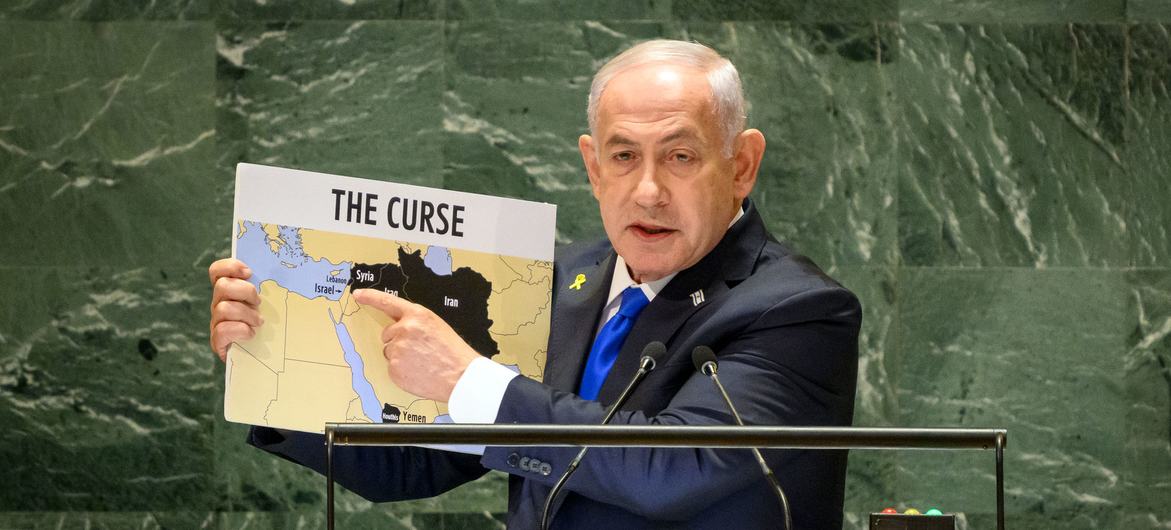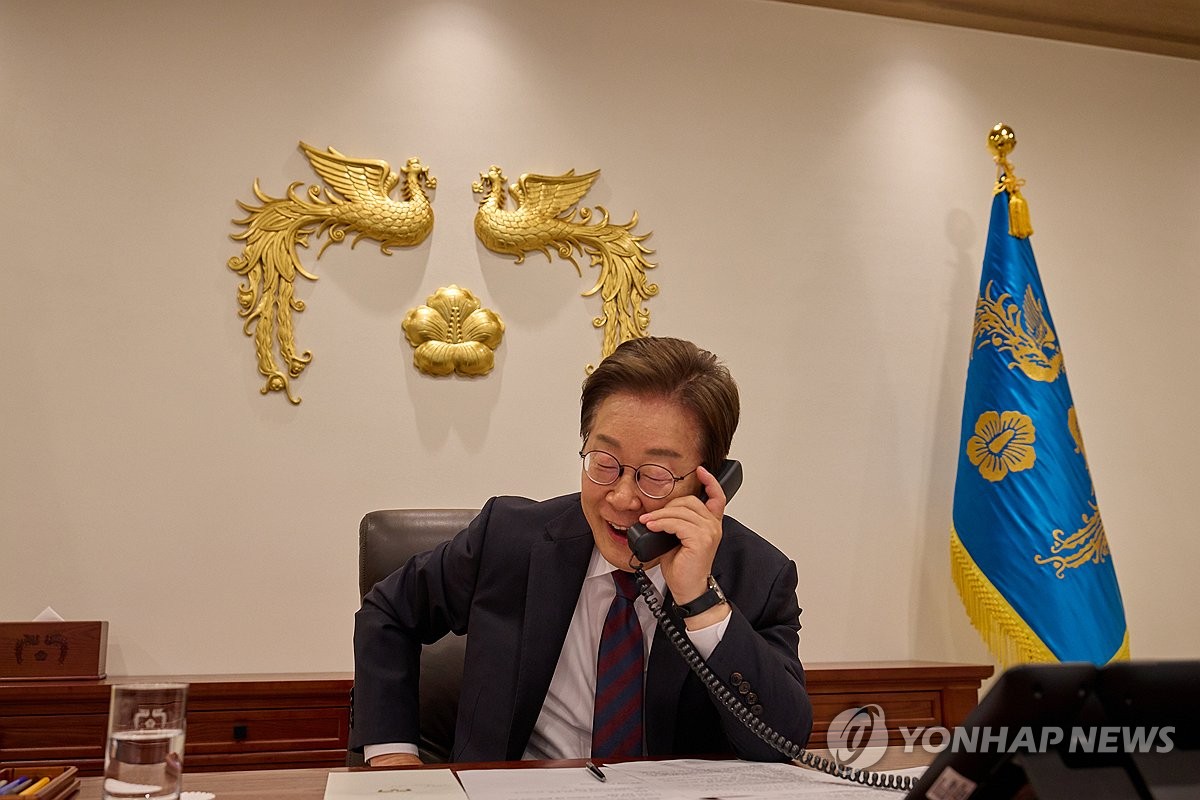PICTURED: President of Nicaragua Daniel Ortega. Photo Credit: Cancelleria de Ecuador. CC. 2.0
WASHINGTON. May 22nd, 2020. Chairman Jim Risch of the Senate Committee on Foreign Relations “welcomed,” along with his colleague Marco Rubio, an announcement of sanctions being placed on Iván Adolfo Acosta Montalván, the Nicaraguan Minister of Finance under Daniel Ortega. Much like the Maduro regime in Venezuela, Nicaragua is a socialist country, though historically far-less wealthy.
This decision was pursuant to the executive order signed under the Trump Administration in 2018 when the president sanctioned every member or former member of the government of Nicaragua.
“We welcome the designation of Julio César Avilés Castillo, the commander-in-chief of the Nicaraguan Army, and Iván Adolfo Acosta Montalván, the Ortega regime’s minister of finance. Both men are being sanctioned for their links to the Ortega regime and for propping up a dictator who has repeatedly undermined democracy, human rights, and Nicaragua’s rule of law,” reads a release from Risch.
“The United States of America is holding accountable those individuals who pose a threat to the democratic order of our hemisphere. The Nicaraguan people’s fight for freedom from oppression will continue to be a priority in the U.S. Senate.”
33 years before Trump’s executive order, Ronald Reagan placed a trade embargo on Nicaragua as part of the infamous Iran-Contra affair under his administration. Reagan worked with the CIA to create two sources of illegal revenue to fund the shipping of weapons and arms to the Contra rebels in Nicaragua who fought a vicious guerilla war against the Sandinistas which spawned the regime of Daniel Ortega.
Reagan tasked the CIA with setting up a drug-smuggling operation that brought cocaine from Mexico and other Latin-American countries into the United States, as well as selling weapons to Iran which was under an arms embargo at the time, in order to fund the Contra rebels.
A National Emergency
Trump invoked the National Emergencies Act of 1976 in order to unilaterally pass the sanctions in 2018 after the dismantling of anti-government protests in Nicaragua led to a state of affairs which Trump considered a threat to the United States.
“Its [the Ortega regime’s] use of indiscriminate violence and repressive tactics against civilians, as well as its corruption leading to the destabilization of Nicaragua’s economy, constitutes an unusual and extraordinary threat to the national security and foreign policy of the United States, and I hereby declare a national emergency to deal with that threat,” read the executive order.
The National Emergencies Act allows the President to grant himself additional executive powers during a time of national crisis. 60 national emergencies have been declared since 1976, 31 of which remain in effect. The first one enacted after the 76 law was the sanctioning of certain persons in Iran.
Continue exploring this topic — The Effects of Sanctions on Venezuela and Iran During COVID-19



